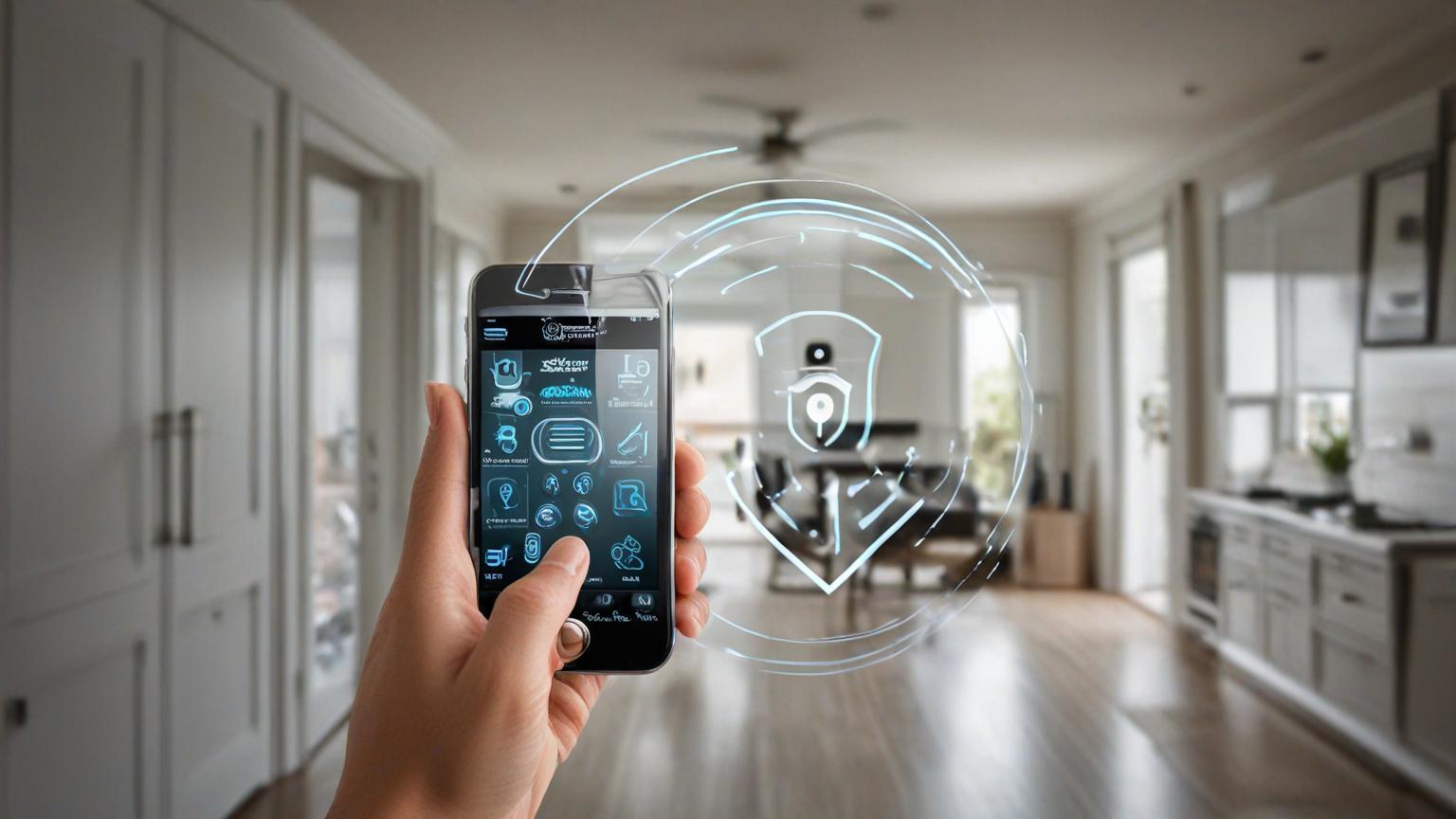In recent years, advancements in technology have reshaped how we think about home security. The days of just locking the front door when leaving the house have evolved into a comprehensive network of protection. From smart cameras to automated locks, our homes are more connected than ever, offering peace of mind and a greater sense of control over our personal environments.
Interestingly, our emotional response to these technologies may not be as straightforward as it seems. While the primary purpose of these gadgets is to provide security, they also play on deeper psychological needs. To understand this dynamic, we first need to dive into our intrinsic desire for safety.
The human brain is wired for security on a fundamental level. It's a primitive instinct that drives us to seek environments where we feel secure. This need becomes even more pronounced in modern society, where perceived threats can come from various sources, whether they're actual crimes in the neighborhood or an abstraction from watching too many crime shows.
Enter technology. Home security systems have become increasingly sophisticated, offering real-time data, remote monitoring, and even AI-driven analytics to predict possible security breaches. But the appeal goes beyond the functional. It's about control and empowerment. Having the ability to watch over one's home from a phone or computer taps into the desire to have mastery over one's environment.
Yet, there's more to it than just control. There's a psychological comfort in knowing that these devices are standing guard, a silent assurance keeping watch so we can go about our daily lives without an underlying sense of vulnerability. This comfort often leads to increased adoption of such technologies, making them an integral part of modern home design.
However, not all attitudes towards home security technology are positive. Some critics argue that the pervasive nature of these cameras and monitoring systems can lead to a 'surveillance state' mentality, where individuals are overly reliant on technology and may experience heightened anxiety over constant monitoring. Therefore, it's essential to strike a balance that neither diminishes our sense of privacy nor compromises essential security.
Moreover, effective security isn't just about technology; it also requires an understanding of human behavior. This involves recognizing the habits and patterns of those who live in and frequent the home, which can help in creating a more effective security plan. Technology should serve to augment this knowledge, not replace it.
Interestingly, the rise of smart homes has paralleled an increase in stories where technology was either a hero or a silent witness. These narratives further bolster the psychological impact, reinforcing the belief that technology can intervene in dangerous situations successfully.
While having state-of-the-art systems installed, users are encouraged not only to rely on tech but also to be mindful of their surroundings. In essence, a comprehensive approach to safety involves a blend of both traditional practices — like neighborhood vigilance and communication — alongside modern convenience.
Even as we embrace these new advancements, there's an underlying truth that no gadget can shield us entirely from all harm. It is crucial to remember that technology should complement, and not substitute, human intuition and responsibility. In doing so, we create not just secure homes, but resilient communities.
In conclusion, the psychology behind our love affair with home security tech is deeply rooted in our core desire for safety and control. As these capabilities become more efficient and accessible, it’s crucial that we maintain an awareness of how they impact our lives beyond immediate physical security. By doing so, we ensure that the homes of the future are shielded not just by technology, but by our collective insight into the human behaviors that technology aims to protect.
The psychology of home security: Why we feel safer with tech

